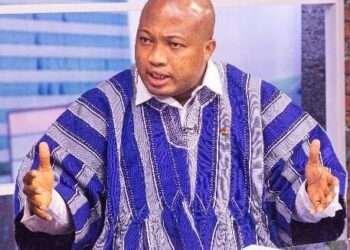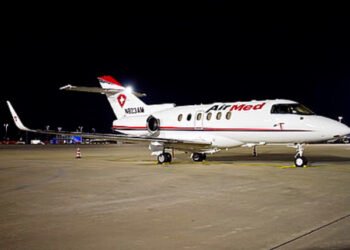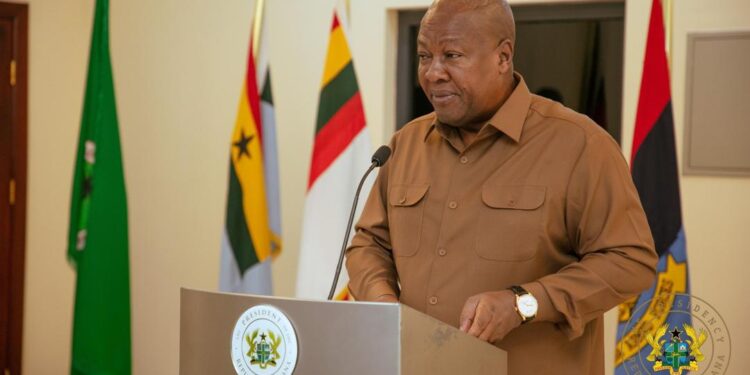Regional director for the Education International Africa, Denise Sinyolo, has lamented the inadequate investment in public education by government.
According to him, his outfit has done a lot of research to compare the performance of private and public schools. He revealed that some countries where this research has been conducted includes Liberia, Kenya, Uganda and other places.
In light of this, Mr Sinyolo indicated that the deplorable state of public education in the country, in terms of infrastructure among others, is not acceptable, especially in the 21st century. He explained that with issues of lack of classrooms for instance, children are exposed to the elements of the weather and it will be difficult to learn under those circumstances.
“… The bottom line is that government is not investing sufficiently in education… So, what has gone wrong is simply because our government has not invested sufficiently in public education. Class sizes are just too large for teachers to be able to meet the individual needs of students. Infrastructure is very poor- here in Ghana, we have children learning under trees or in temporary structures.”
Denise Sinyolo
Furthermore, Mr Sinyolo stated that there are international bench marks for financing education. For example, he noted that within the UN system, government must invest a minimum of 20% of its national budget into education or at least 6% of its gross domestic product.
However, he indicated that the government of Ghana does not measure up when it comes to that quota.
“… The government of Ghana is investing 12.9% instead of 20%. So, if the government of Ghana were to increase investment into education, that will unlock more resources to build more schools, provide adequate infrastructure, probably not adequate but at least, substantial improvement in infrastructure, teaching and learning resources and also support teachers to training and professional development.”
Denise Sinyolo
Addressing issues of public education
Commenting on whether his outfit has engaged government on the issues associated with public education, Mr Sinyolo expressed that the Education International Africa engaged with authorities and the minister of education on the 22nd of June, 2023.
He highlighted that during the meeting, both parties assessed the challenges of privatisation and spoke about the importance of investing in private education. To this end, he explained that the minister agreed with his stance on the matter.
“But what we are looking for really is not a verbal agreement, it’s action on the ground. Agree, yes, but take a step further, take concrete legislative action. So, we need political will and commitment from the government. I know the government will say there’s no money because we have even borrowed from the IMF and recently from the World Bank, which brings its own problems. But what we are saying is out of the little that you have, give education a fair share, which is minimum 20%, not 12.9%.”
Denise Sinyolo
On his part, Richard Kovey, convener of Kapcoe, expressed his disappointment in the strategies deployed by donor agencies to exploit the vulnerable in society. He revealed that these donors come to communities in the country under the pretext of offering quality education.
“When we started our campaign way back in 2015, we noticed that instead of the donor partners supporting the state to invest very heavily in education, they are rather now channelling their resources to individuals… So, those schools are not there to support the people there to access education, but they are there to make profit out of them.
“That is the concept we are against, because if you as a donor instead of the state, monitoring and making sure the right things are done, you are now channeling your resources and you make our government sign for free universal basic education, then you go behind and now finance an individual to sell education to the poor. That is an injustice.”
Richard Kovey
Moreover, Mr Kovey indicated that institutions such as the World Bank financing and Global Partnership for Education are all beginning to channel their resources to that venture under the guise of the “people want private school”.
“But when we did a study far back in 2015, we used to have what we call the Omega Schools franchise, if you look at the way the school is run, if you do not have money today, you are not supposed to come to school… So, it’s an exploitation…”
Richard Kovey
READ ALSO: Lands Ministry Resorted To Engaging Land Guard To Retrieve Gov’t Lands- Suhuyin




















